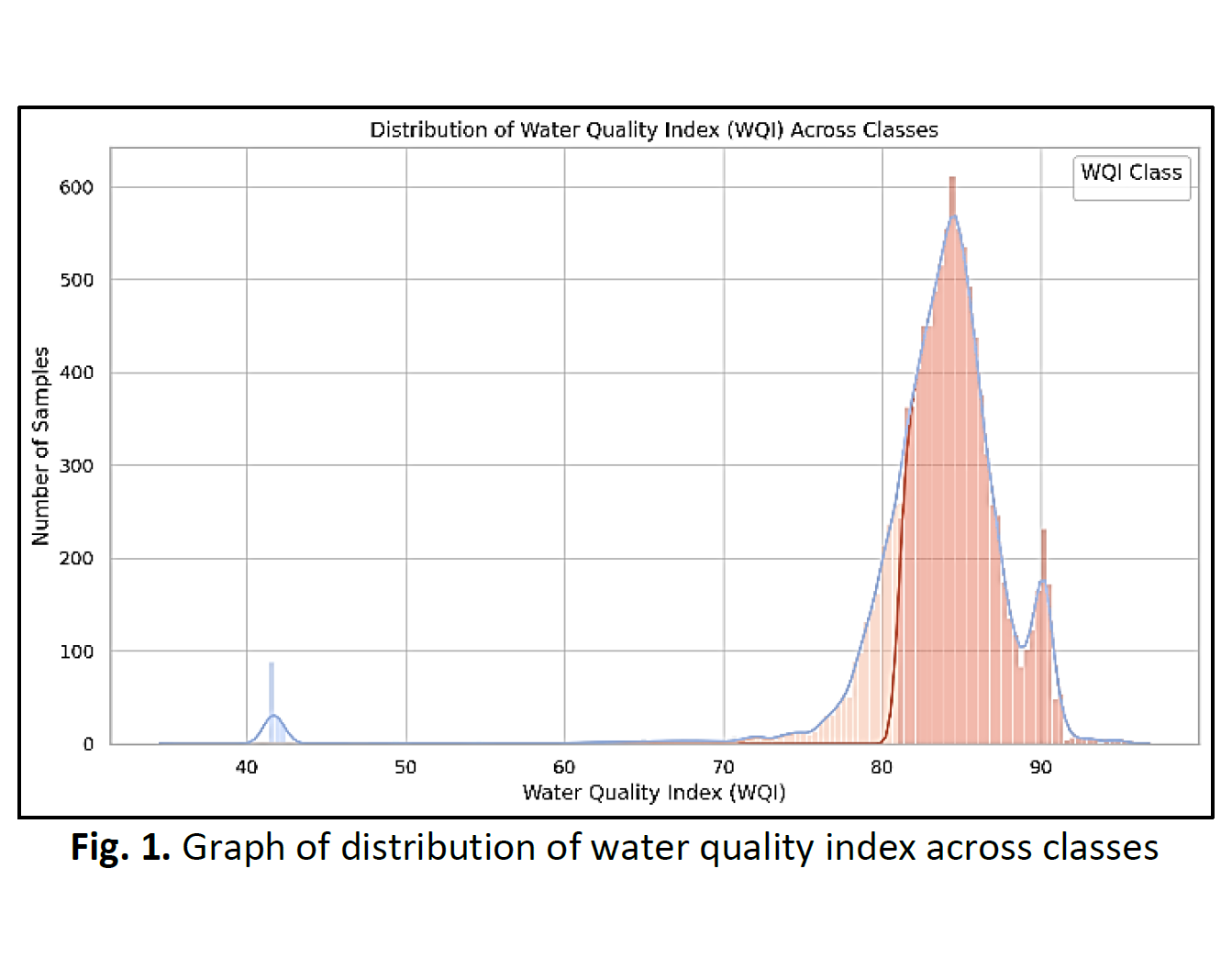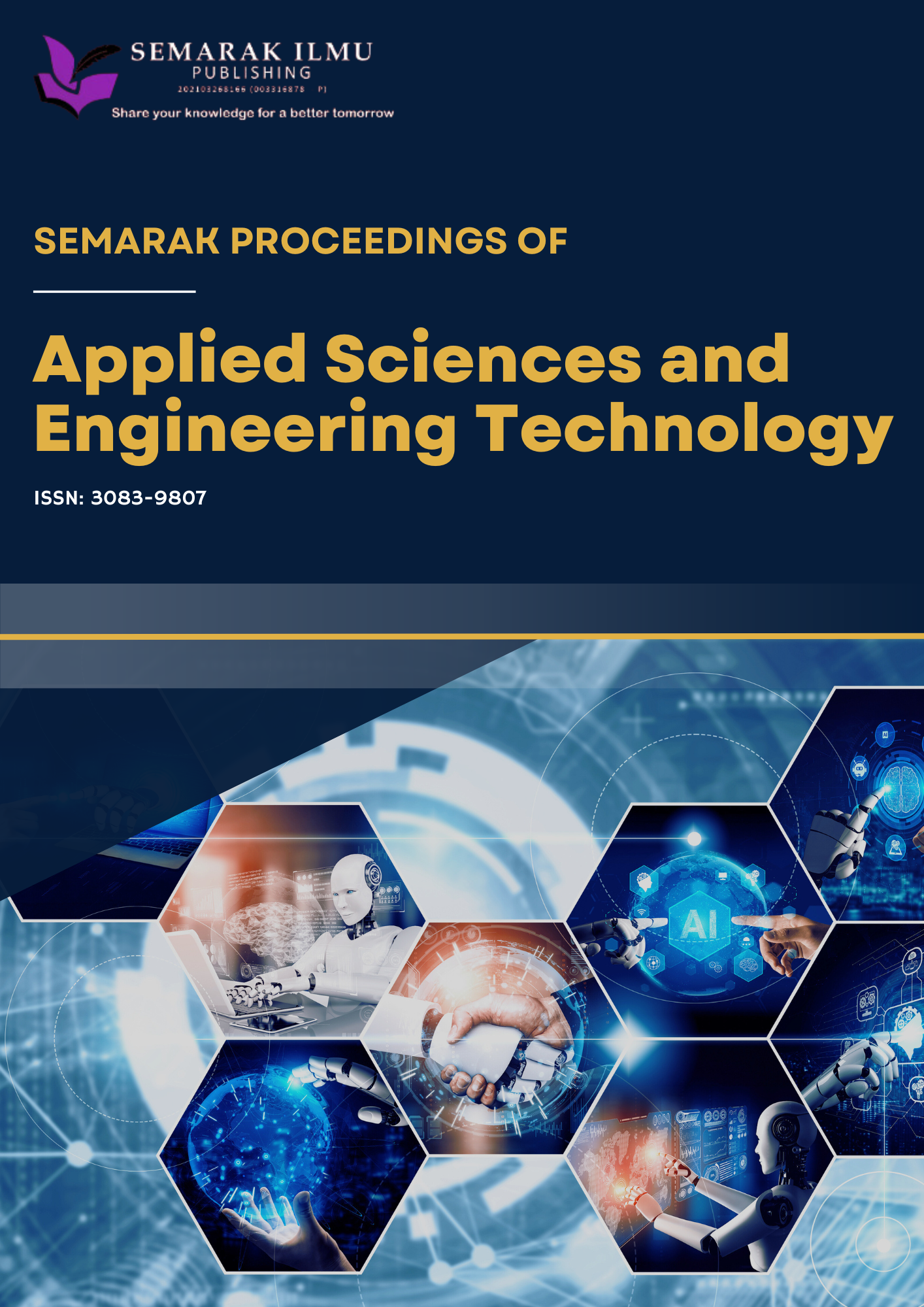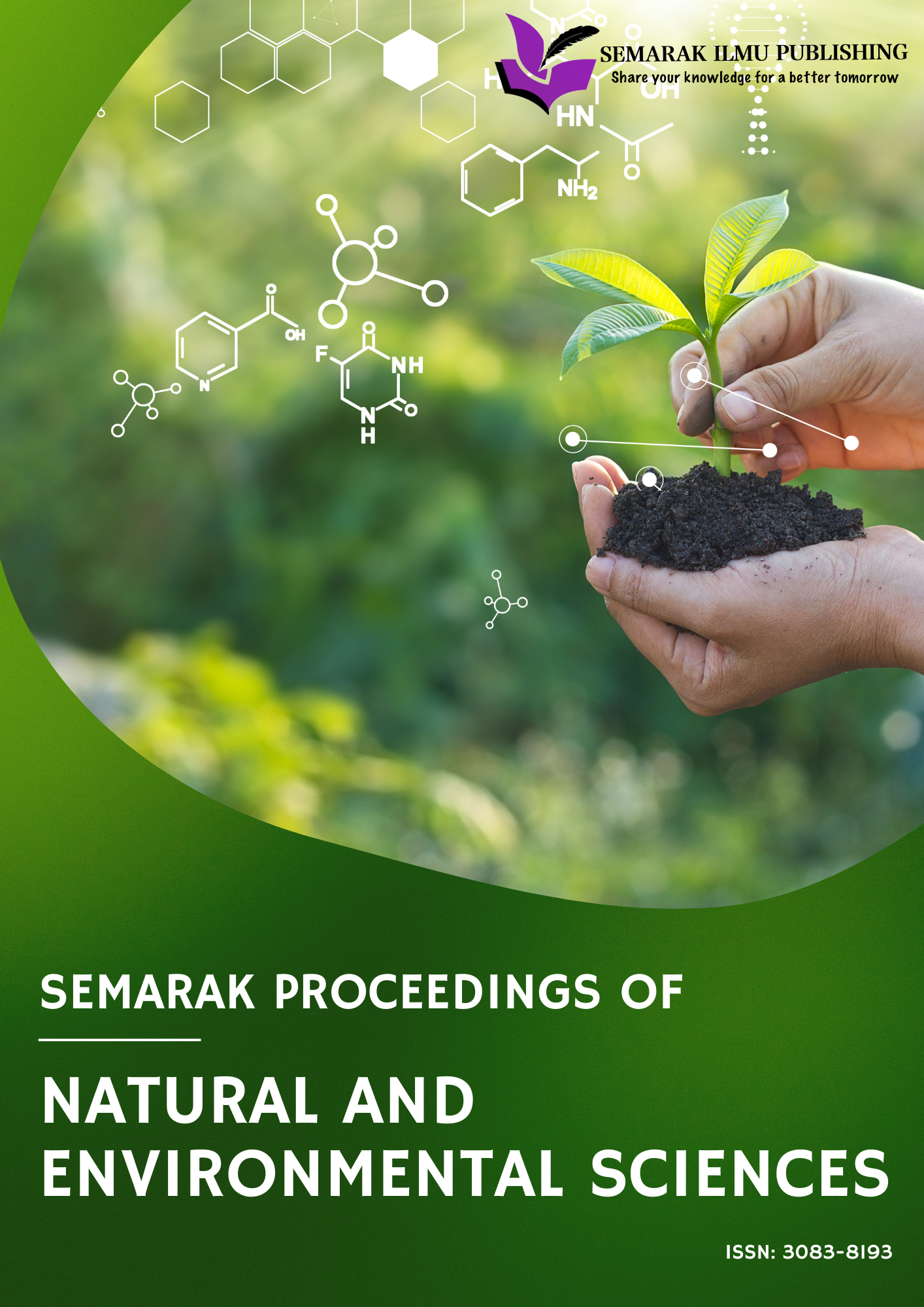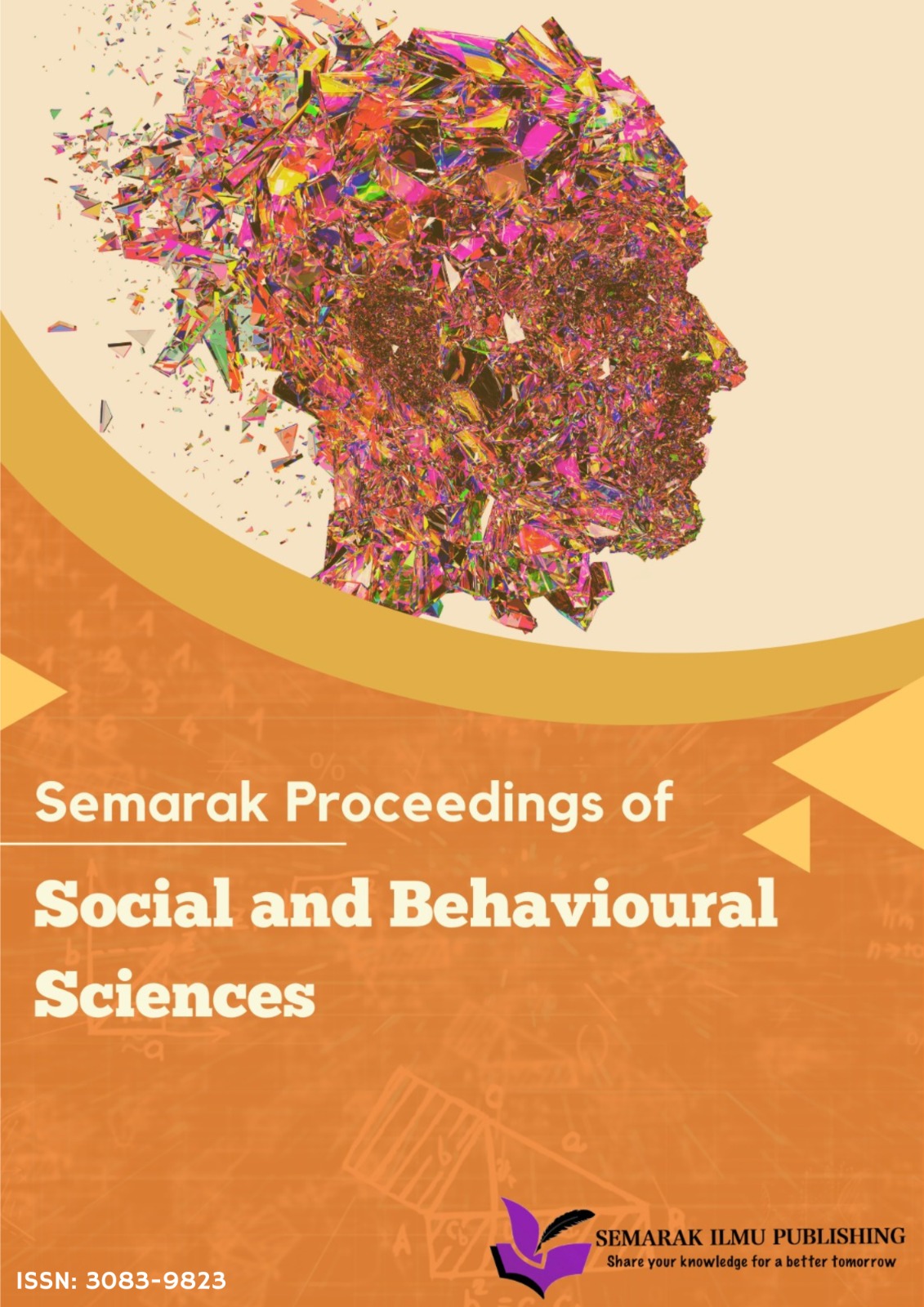Fuzzy Frameworks: Advanced Models for Water Quality Classification
DOI:
https://doi.org/10.37934/spaset.1.1.158164aKeywords:
Machine learning, classification, water quality, fuzzy logicAbstract
Monitoring water quality is essential for safeguarding the health and safety of aquatic ecosystems and public water sources. Conventional water quality classification techniques frequently encounter challenges due to the intrinsic uncertainty and imprecision present in environmental data. This study presents an innovative fuzzy logic framework, enhanced by a Genetic Algorithm (GA), to address these complexities. The GA optimizes membership functions within the fuzzy framework, refining the classification process and improving adaptability. The proposed method integrates fuzzy set theory with machine learning techniques to categorize water quality into specific classifications. Validated using data from Malaysian rivers, the model accounts for critical factors such as pH, Dissolved Oxygen (DO), Chemical Oxygen Demand (COD), Biochemical Oxygen Demand (BOD), Total Suspended Solids (TSS), and Ammoniacal Nitrogen (AN). The experimental results demonstrate a notable improvement, with the fuzzy logic model achieving an overall accuracy of 89.6%, surpassing traditional threshold-based (77.8%) and decision tree classifier methods (84.2%). The framework effectively handles ambiguous or borderline cases, showcasing its precision and robustness. The study concludes that integrating fuzzy frameworks and genetic optimization into water quality evaluation significantly enhances classification accuracy, thereby supporting informed decision-making in environmental management.









